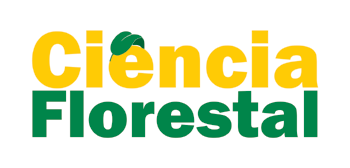ABSTRACT
The study made a description and use of a methodology for evaluating quality cost in a semimechanized logging operation was developed. For description this goal the logging suboperations were detailed. The effects of the non-conformity of one sub-operation on the succeeding ones were listed and analyzed. Those consequences on which a money value could be attributed were specified. The methodology was applied to a case study. Quality cost were divided in three categories: evaluation cost, prevention cost, and failure cost. It was concluded that the firm is not investing enough in evaluation and prevention causing a failure cost of R$1.541,11/ha, which is considered too high. The percent composition of this cost was: log spliting 40,96%; error in wood volume determination in the stocking yeard 37,12%; wood waste in the stand 9,52%; non-separation of thin logs 8,46%; logs left in the fire control line 1,49%; miscalculation of splinted wood volume 1,53%; wood volume remaining in the coppices 0,51%; presence of branches in the fire control line 0,41%. The logs splitting operation must be worked out in order to diminish its cost. Firm profit may be increased through investment and research in reducing evaluation and prevention costs. Every waste cost must be avoided because is not only the firm itself, but the whole society who ends up paying the bill.
Key Words:
logging; quality cost; non conformity cost
